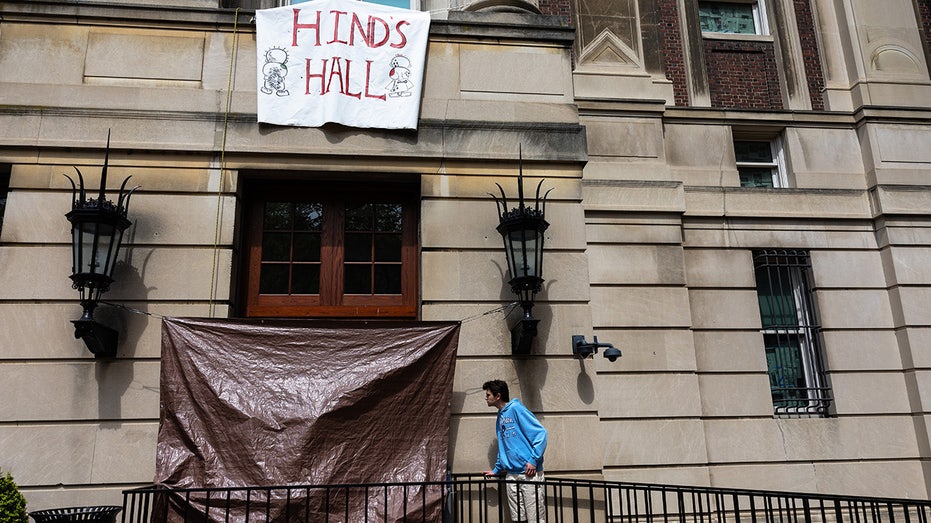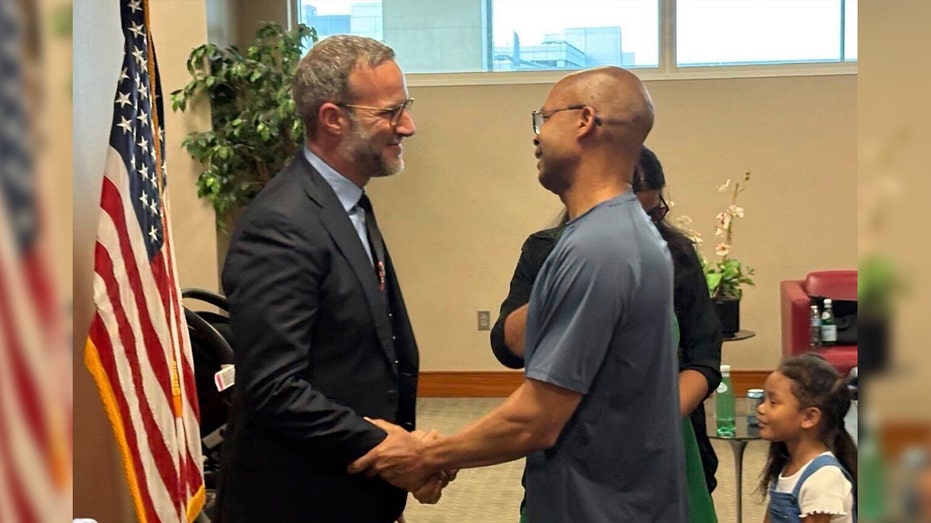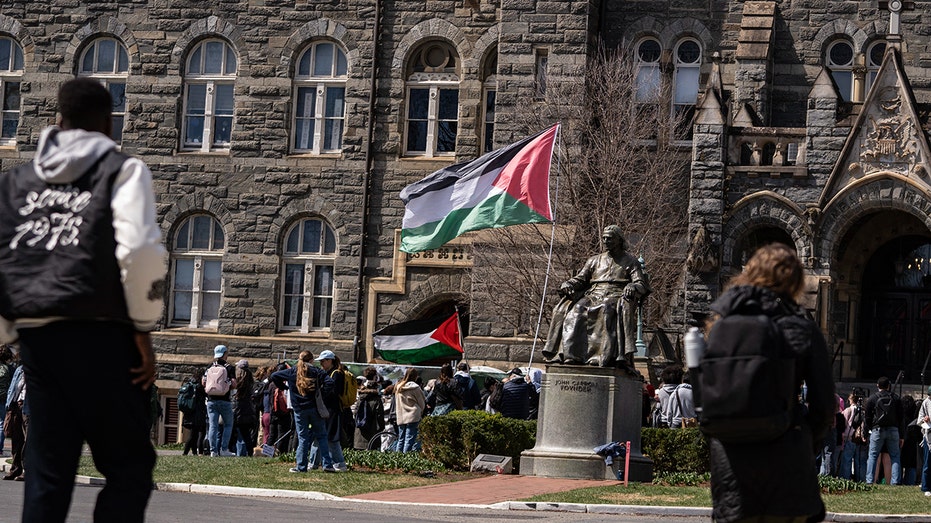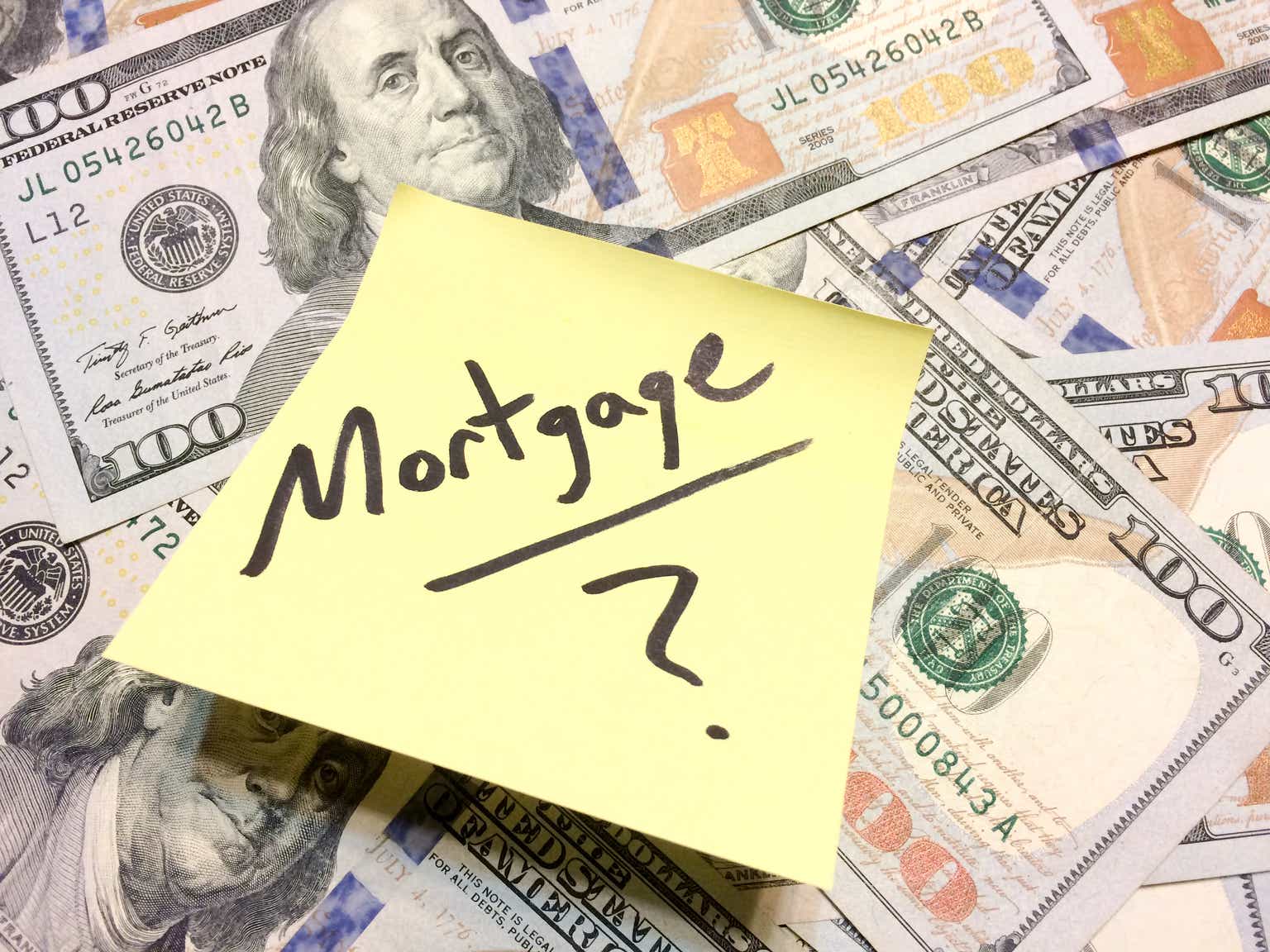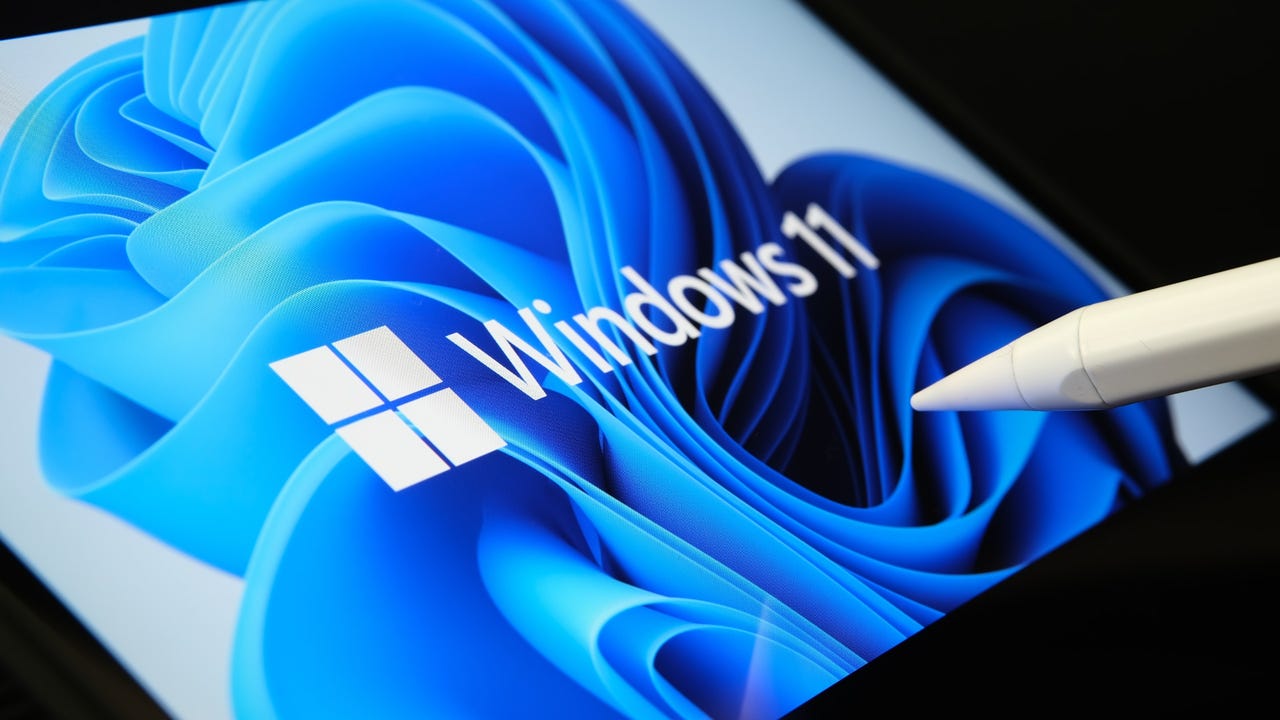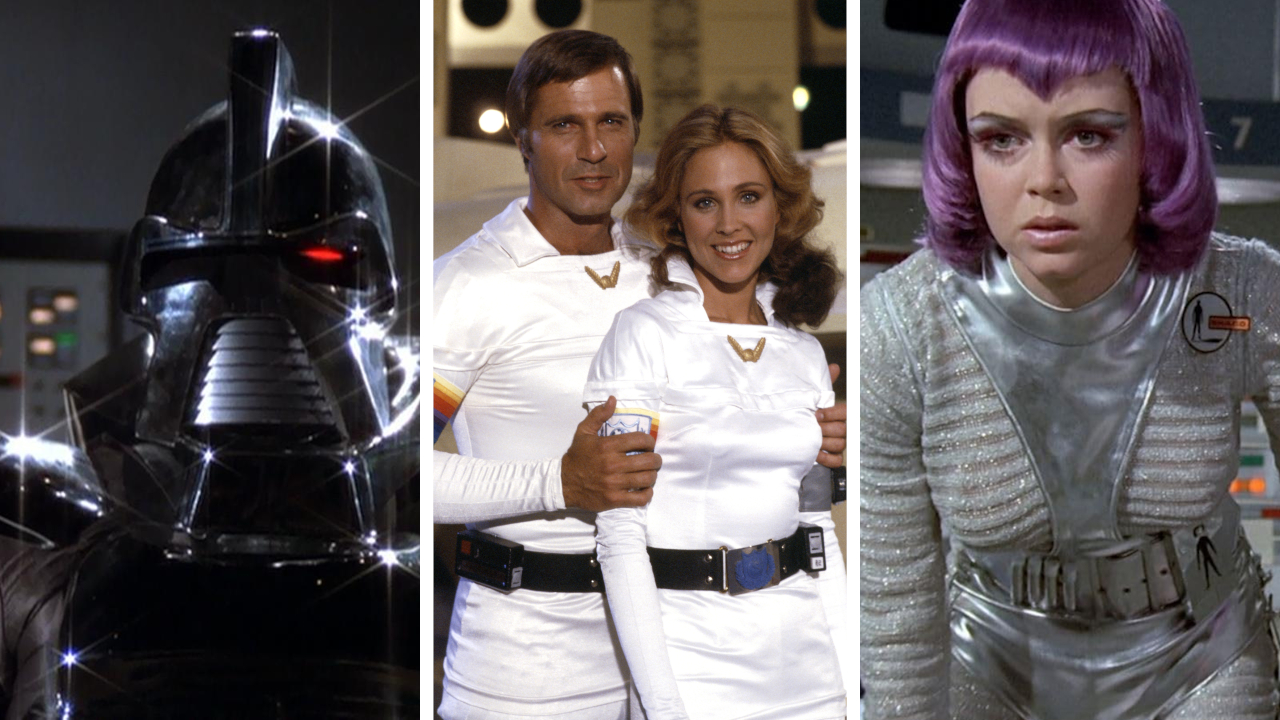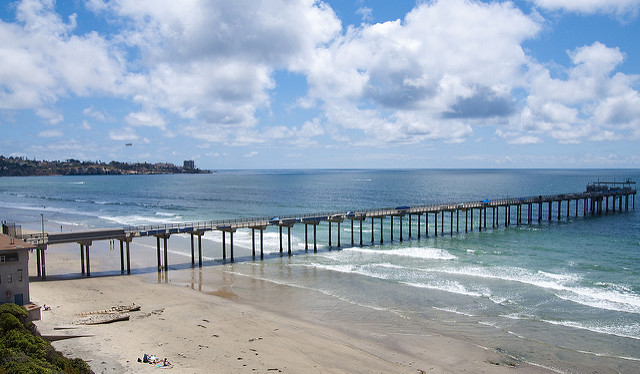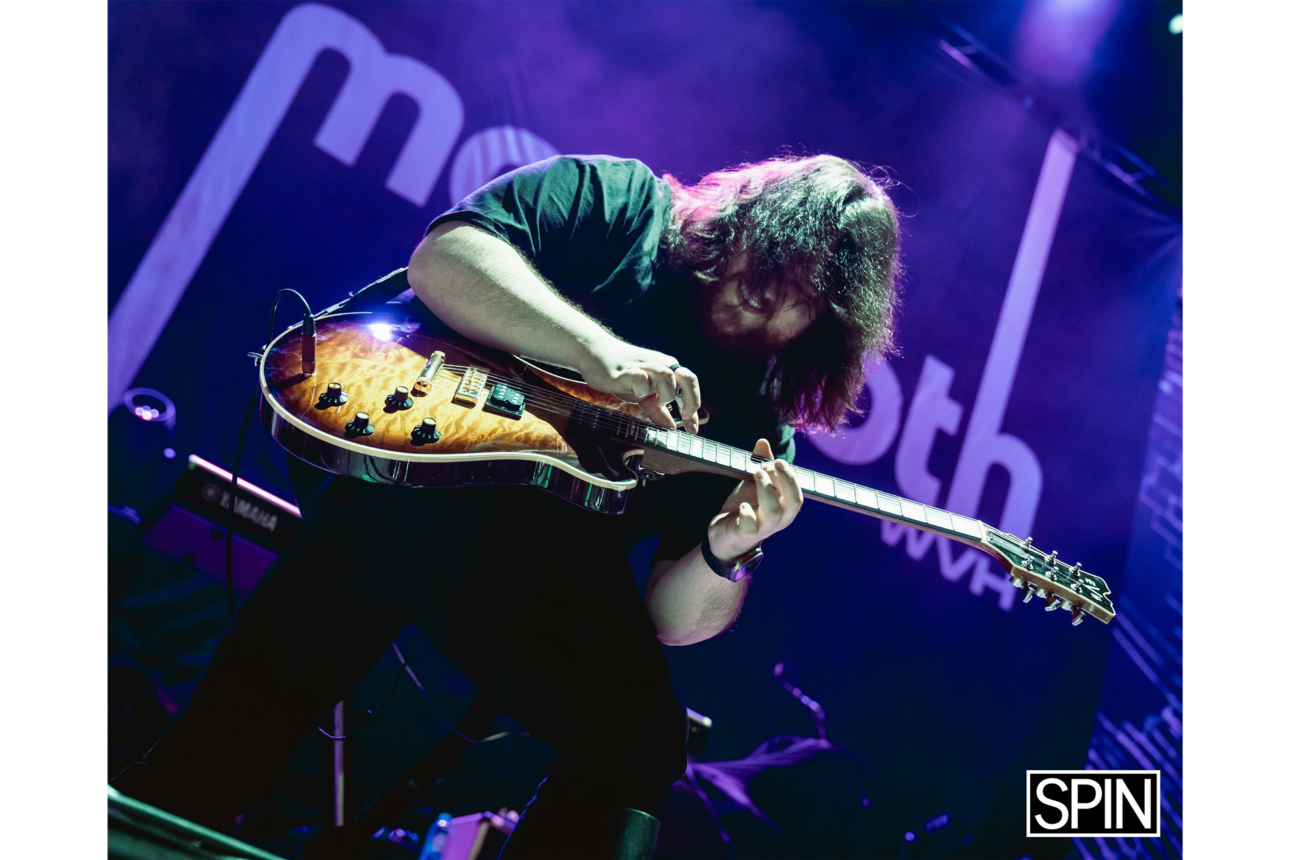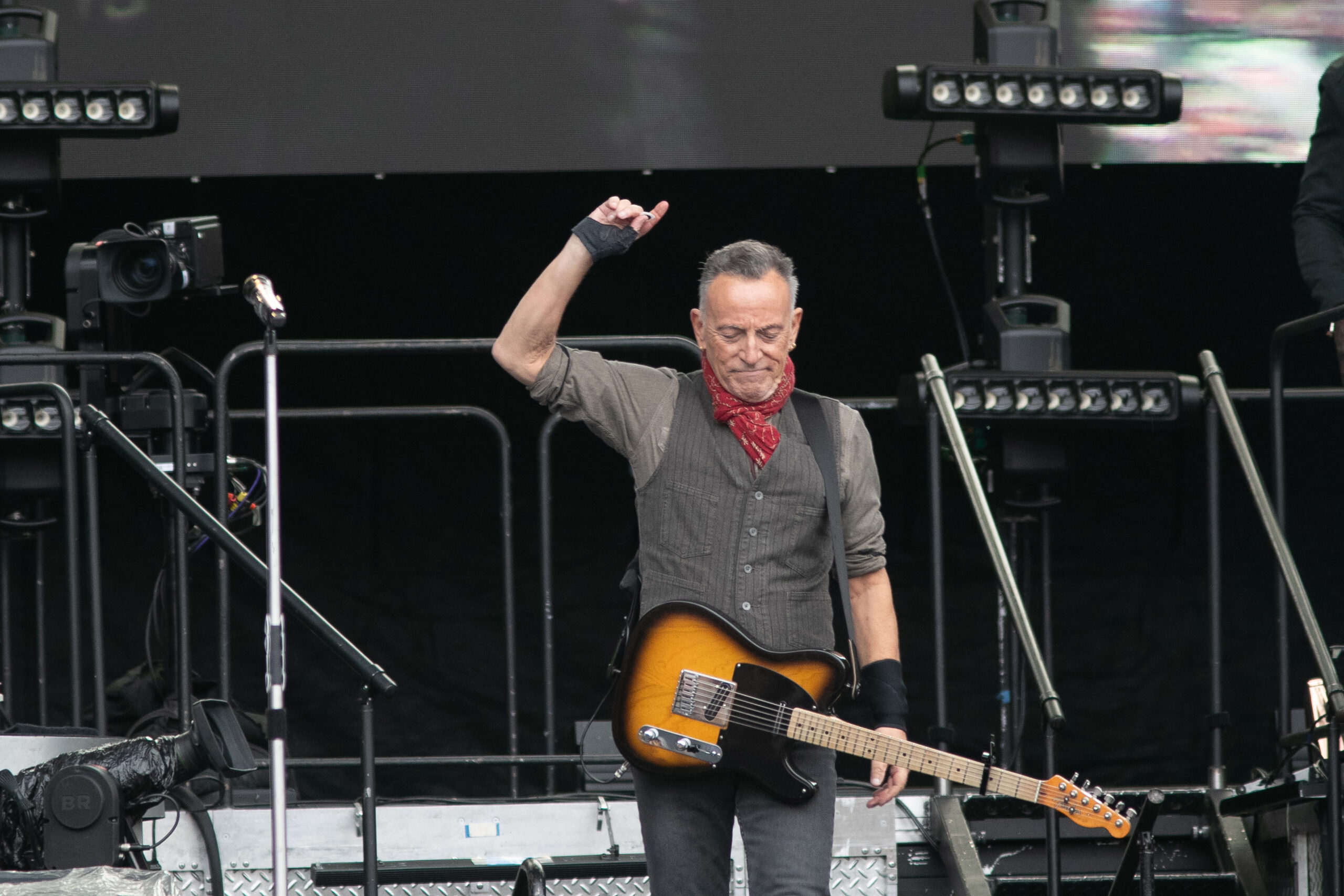Trump’s battle with media will last well beyond 100 days
The White House is taking full advantage of the media’s diminished credibility to bully and belittle the press. That’s not a good thing for America in the long run.

President Trump’s long running battle with the press has resumed in his second presidential term where it left off in his first term. Any thoughts that Trump might moderate his anti-media efforts have been thoroughly dismissed. The first 100 days of the second Trump term have, if anything, seen the White House increase the intensity of its war on the press.
This time around, the administration’s attacks on the press are more systematic than the generally spontaneous anti-press insults of the first term. Trump still takes impromptu shots at reporters and certain news outlets, as he did recently when he chastised CNN’s Kaitlan Collins during an Oval Office gathering. But the overall approach to minimize the establishment press is undoubtedly more calculated.
It didn’t take long for this Trump White House to diminish the role of the Associated Press, booting it off Air Force One and limiting access to other White House locations. The administration has taken over management of the press pool, a duty long held by the White House Correspondents’ Association. The White House is trying to eliminate the Voice of America news service and is threatening funding for NPR and PBS. And Attorney General Pam Bondi announced last week that federal prosecutors will again be able to use subpoenas and search warrants to access journalists’ records in government leak investigations.
Meanwhile, the White House has broadened access to non-traditional (and more Trump-friendly) media outlets. The list seems to grow each day.
A key field-general in the White House press battles is press secretary Karoline Leavitt, who has proven a capable manager of administration messaging and seems to have an answer for whatever questions are lobbed at her in White House briefings. She coordinates the day-to-day press combat with confidence and assertiveness and has been unafraid to shake up previous protocols.
The news industry characterizes its feud with Trump as protecting the First Amendment from executive abuse that is a threat to democracy. The First Amendment, however, sparsely worded as it is, implies nothing about exceptional treatment for the press. It fully allows for government officials to bash, manage or ignore the media, as many presidents have done historically.
The reality is that the establishment press has few levers to pull in its brawl with the White House. Lawsuits only accomplish so much around the fringes in trying to gain access. The White House has broad leeway in deciding which media outlets get interviews, which are called upon in press briefings, and which get to board the president’s plane.
The media are basically left battling Trump in the court of public opinion. The problem there is that the press industry comes off looking entitled and self-righteous by whining about poor treatment by the administration. The pompous displays by the White House Correspondents’ Association added to the optics that journalists are not much like the people they are supposed to be serving.
It is also hard for the press to play the victim and act put upon when Trump is, by many measures, one of the most transparent presidents in recent history. The press and the American public have a pretty full picture of what Trump is doing and thinking at any given time. He posts constantly on social media. He takes questions at impromptu press gaggles going in and out of the White House, as well as in the press section at the back of Air Force One. He has allowed reporters into Cabinet meetings and even allowed the media to observe his Oval Office argument with Ukrainian President Zelensky.
Trump continues to bash the media because it is a winning issue for him. The American citizenry has little sympathy for the media these days. A survey by Rasmussen Reports indicates that over half of all U.S. voters agree that the media are the “enemy of the people.” A recent YouGov survey shockingly showed more Americans trust the Trump administration to “state the facts fully, accurately and fairly” than the media.
The news industry should ponder that poll result. Trump is certainly one of the most mercurial, bombastic, hyperbolic and controversial politicians of all time, yet his administration enjoys the public's confidence more than these supposed guardians of democracy. That says more about the press than it does about Trump.
The White House is taking full advantage of the media’s diminished credibility to bully and belittle the press. That’s not a good thing for America in the long run. But there are consequences to media’s growing tendency for political activism and its declining commitment to balance and accuracy. The journalism industry must humble and reinvent itself if it ever expects to win back public confidence.
To win battles with the governmental powers that be, the press must necessarily have support from the public. To act all righteous and victimized because Trump dislikes the media is a strategy that hasn’t worked up until now — and might never work.
Jeffrey M. McCall is a media critic and professor of communication at DePauw University. He has worked as a radio news director, a newspaper reporter and as a political media consultant.
